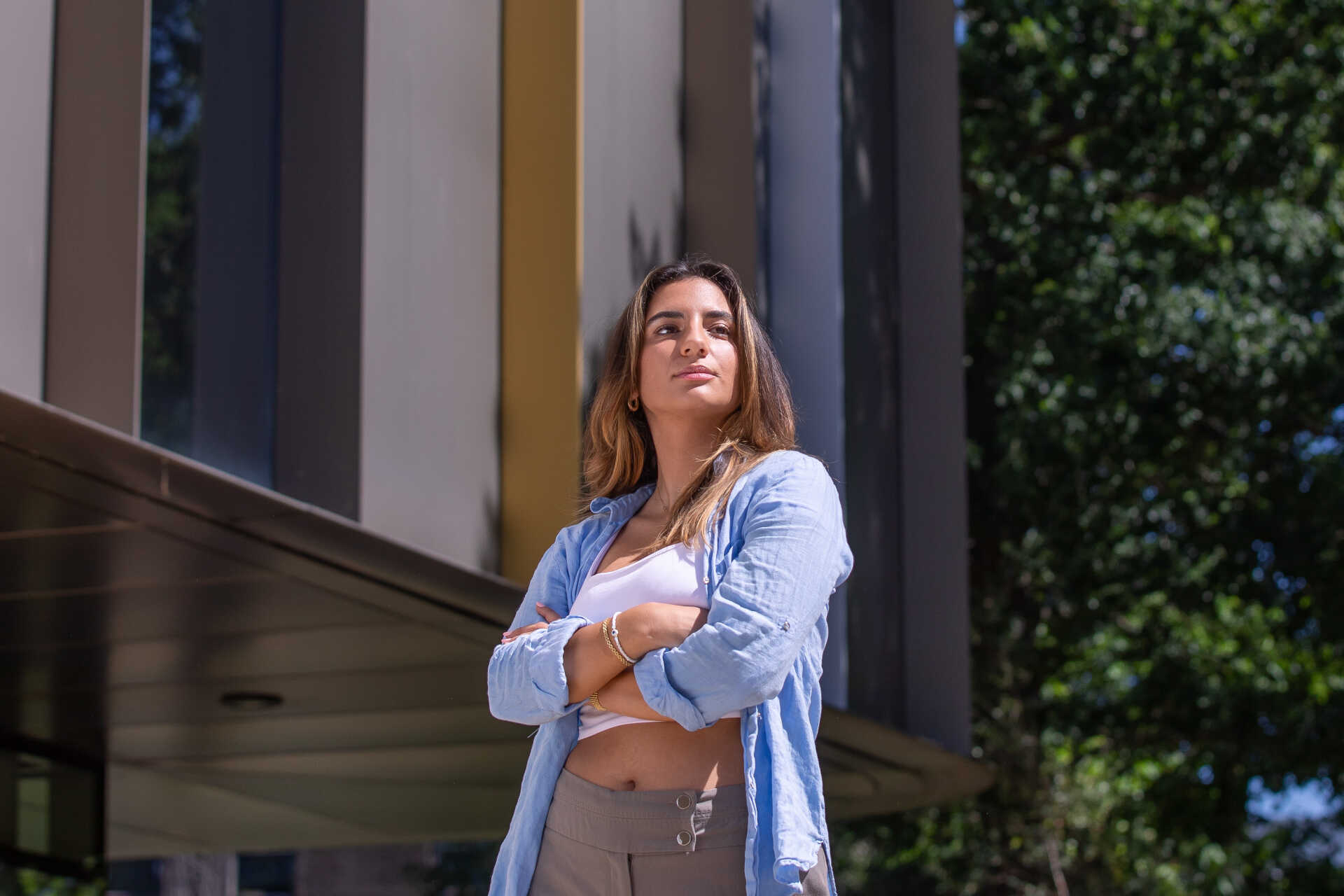Film
Our Film programme, taught at Kent’s Paris School of Arts and Culture, offers a thorough grounding in postgraduate-level film and is suitable both for graduates in the subject and those new to it. It is the only Film MA offered by a British university in Paris and taught in English.













